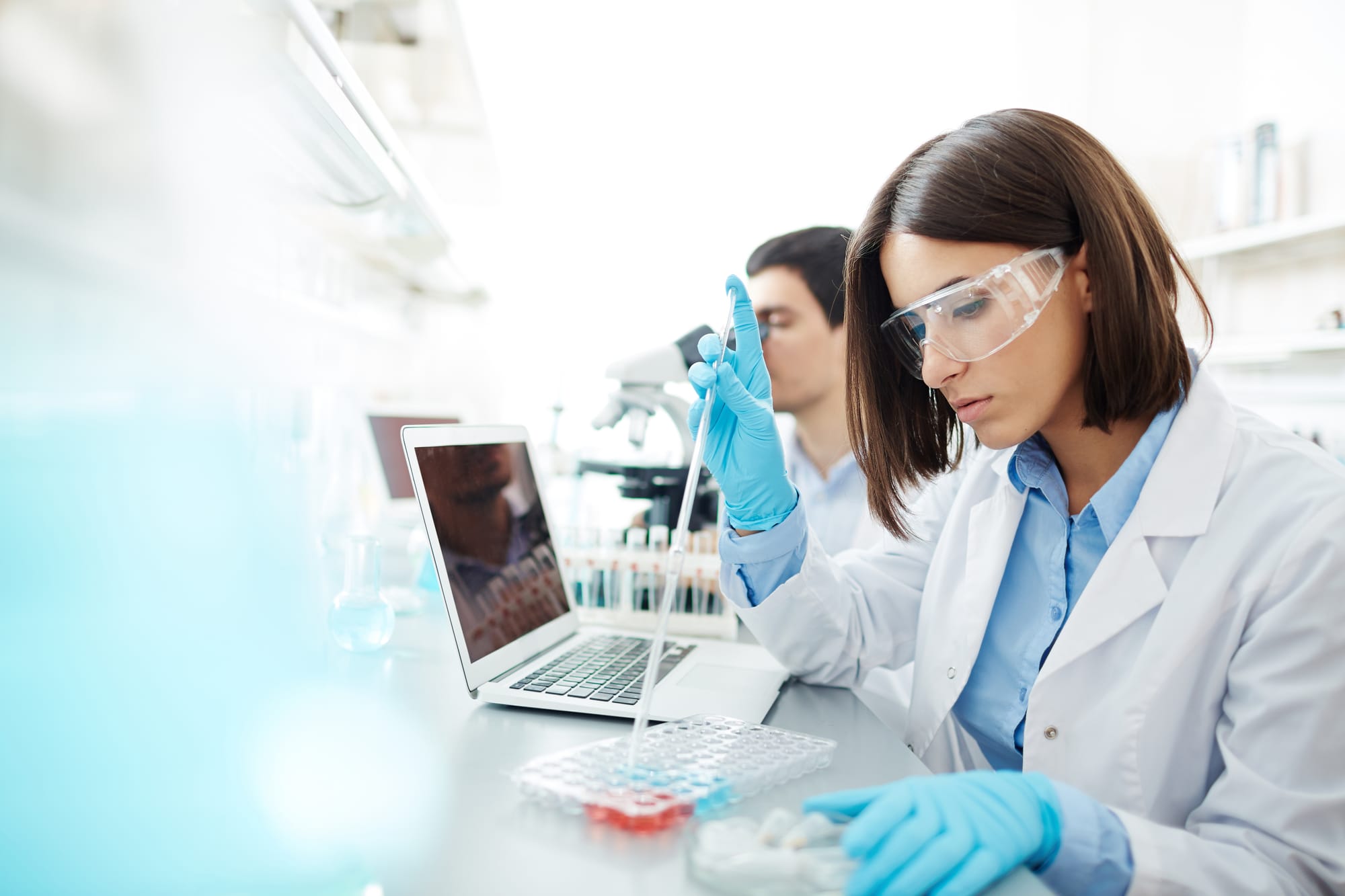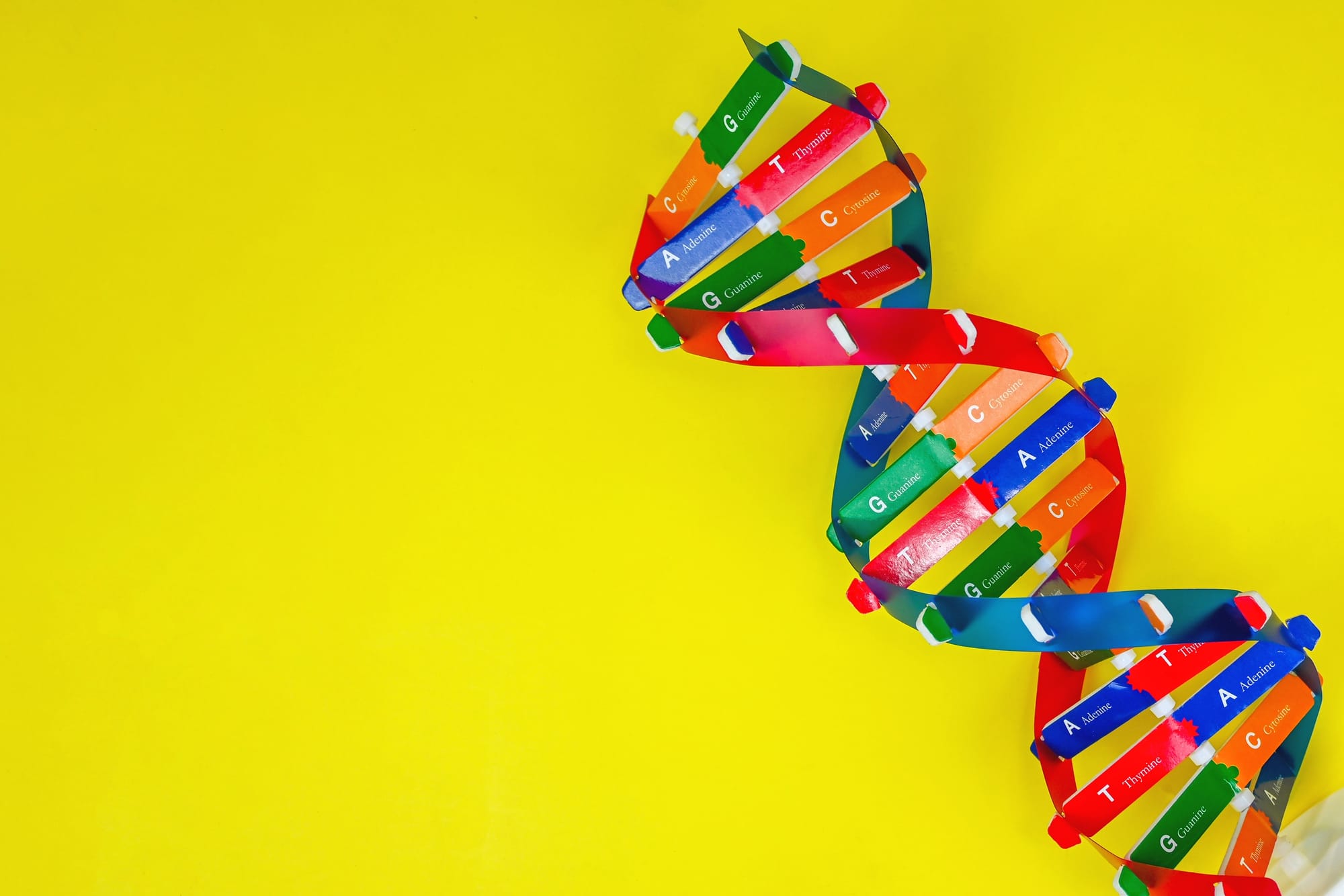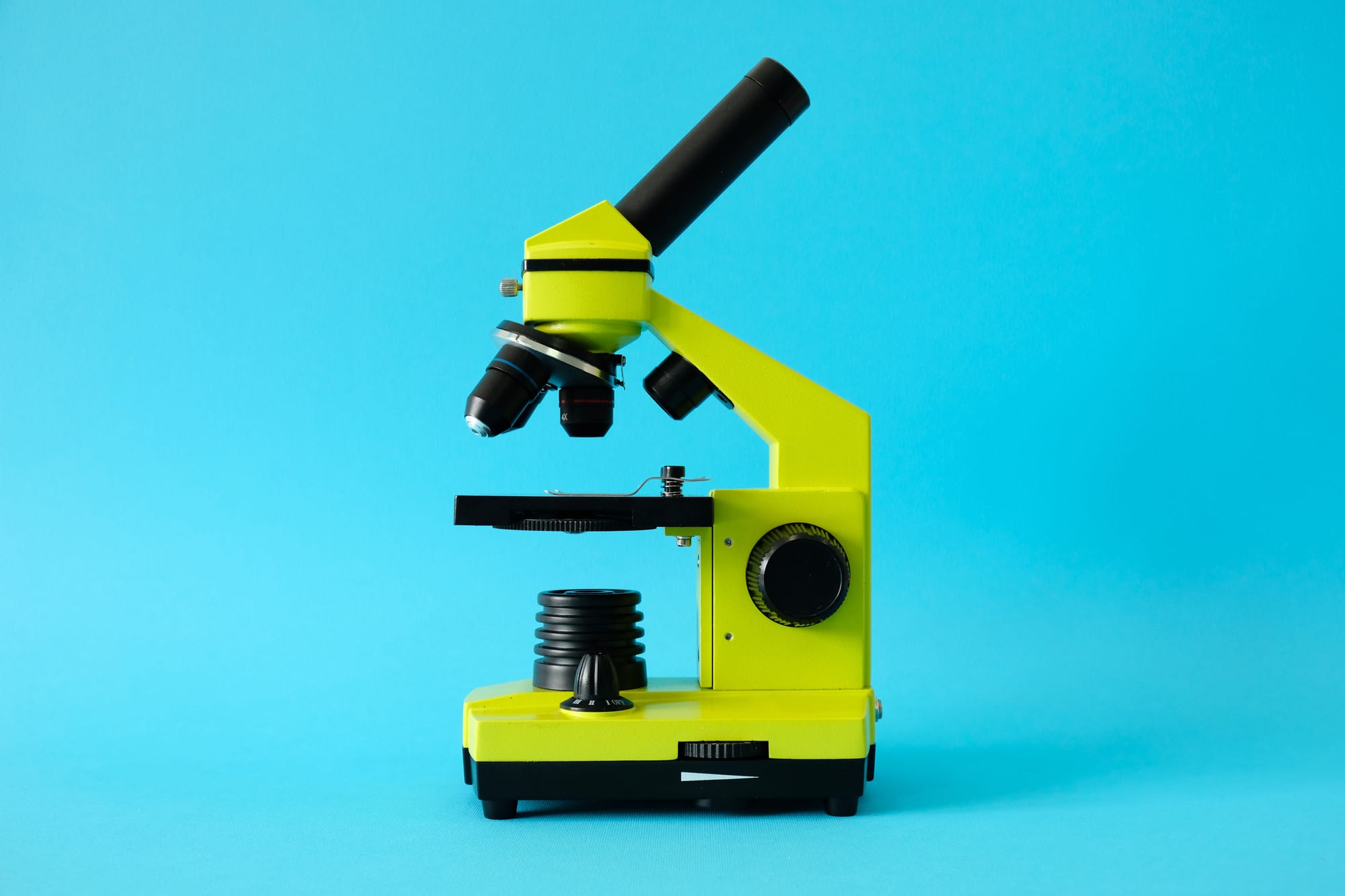As the saying goes, 'To change the fabric of society, start with its threads.'
In a world where it’s hard to tell science fiction from real science, a cutting-edge technology is leading the way into an exciting new area: CRISPR/Cas9. This isn’t just another “scientific” tool. It’s a real game-changer with the power to transform how we understand life itself.
Picture having a magic wand that could smoothly fix genetic mistakes, fight off stubborn viruses, and even heal diseases we thought we couldn’t beat. That’s what CRISPR/Cas9 offers—a wide range of possibilities as divers e as life itself.
What is CRISPR/Cas9?
At its heart, CRISPR/Cas9 is a cutting-edge tool that comes from how bacteria defend themselves, and it's been adapted to edit genes in nearly all living things. CRISPR is a short way of saying "clustered regularly interspaced short palindromic repeats," which might sound complicated but really points to the smart and effective way this system works.
Cas9 is the part of this system that works like a pair of precise scissors, able to cut DNA exactly where scientists want. When they work together, they create a powerful method to add, delete, or change the genetic code at specific spots. This makes the question 'what is CRISPR Cas9 technology' not just about understanding a term, but seeing a world of possibilities.
The Mechanics Behind the Magic

The wonder of CRISPR/Cas9 is all about how straightforward and accurate it is. Scientists create a tiny RNA piece that matches the DNA they want to fix, like giving the Cas9 protein a map to the right spot in our genetic material that needs correction.
It's similar to following a detailed treasure map across the wide, complex world of our DNA, making exact changes without messing up anything else. This careful directing is what sets CRISPR/Cas9 apart, making it not only groundbreaking but also highly adaptable. It answers the question 'what is Cas9 CRISPR' every time it successfully makes a change.
A Spectrum of Potential
The possible uses of CRISPR/Cas9 are as wide-ranging and significant as you can imagine. This technology could be a game-changer in treating genetic diseases such as cystic fibrosis and Duchenne's muscular dystrophy, and it also offers new ways to fight HIV and various types of cancer.
What makes CRISPR/Cas9 stand out is its ability to change the genetic makeup of cells and living things with amazing accuracy. This has not only paved the way for new research directions but also brought us closer to finding cures for diseases that were previously considered untreatable.
Navigating the Ethical Maze
The old saying, "With great power comes great responsibility," couldn't be truer for CRISPR/Cas9. This technology's knack for changing the genetic code in sperm, eggs, and unborn babies brings up big ethical debates.
These changes could be handed down through generations, potentially shifting the future of human evolution. The worries about what this means aren't small; they strike at the heart of our humanity.
That's why asking 'what is CRISPR Cas9 used for' is not just about science but also about morality, pushing both scientists and society to proceed with caution in these uncharted waters.
Overcoming Hurdles
Even though CRISPR/Cas9 holds great potential, it's not without its challenges. Making sure the technology reaches the correct cells without causing unwanted changes in other parts of the genetic code is a big obstacle.
Additionally, the possibility of making cuts in the DNA where they weren't intended is a concern. This could lead to serious long-term problems, such as the risk of developing cancer.
Researchers are working hard to improve how precise CRISPR/Cas9 is and to minimize these risks. The conversation about how we use it is always growing, taking into account both its great promise and its limits.
In Conclusion
CRISPR/Cas9 lights the way in our journey to delve into and reshape life's fundamental elements. Its groundbreaking ability to precisely alter genes has kicked off a new chapter in genetic science, bringing us hope for curing genetic illnesses, fighting infections, and more.
Yet, as we edge closer to this new reality, we must navigate the ethical dilemmas and hurdles with care. Ultimately, the question 'what is CRISPR Cas9' goes beyond science—it's about what we value, dream of, and how we see our future as humans.







